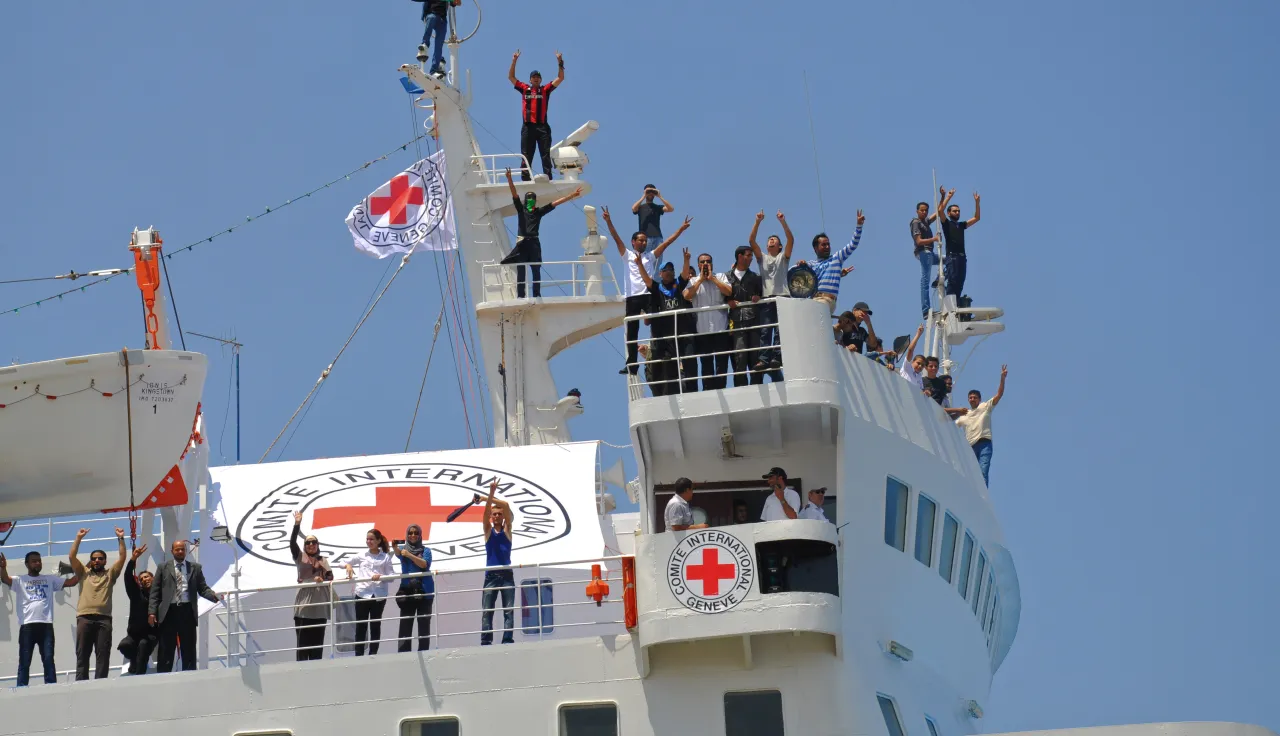How we persuade authorities to fulfill their obligations
Raising awareness
The aim of raising awareness of responsibility is to remind people of their obligations and, where necessary, to persuade them to change their behaviour.
This translates into three methods:
Persuasion:
Persuasion aims to convince someone to do something which falls within his area of responsibility or competence, through bilateral confidential dialogue. This is traditionally the ICRC’s preferred mode of action.
Seeking outside support:
The organization may also seek outside support, through mobilization of influential third parties (e.g. States, regional organizations, private companies, members of civil society or religious groups who have a good relationship with the authorities in question). The ICRC chooses such third parties with care, contacting only those who we beieve will be able to respect the confidential nature of the information they receive.
Public denunciation:
Faced with an authority which has chosen to neglect or deliberately violate its obligations, persuasion (even with the mobilization of support from influential third parties) may not be effective. In certain circumstances, therefore, the ICRC may decide to break with our tradition of confidentiality and resort to public denunciation. This mode of action is used only as part of the protection approach, which focuses on the imminent or established violation of a rule protecting individuals.
Providing support
If authorities are unable to take action, the ICRC provides support where necessary to enable them to assume their responsibilities.
Substitution
When the competent authorities do not take or are unable to take appropriate measures (owing to lack of means, unwillingness, or when no such authorities exist), the ICRC takes direct action in their place (substitution) to meet the needs of the people or populations affected. If the situation is critical, the ICRC acts first and then speaks to the authorities to persuade them to take appropriate measures or to help them examine possible solutions.

